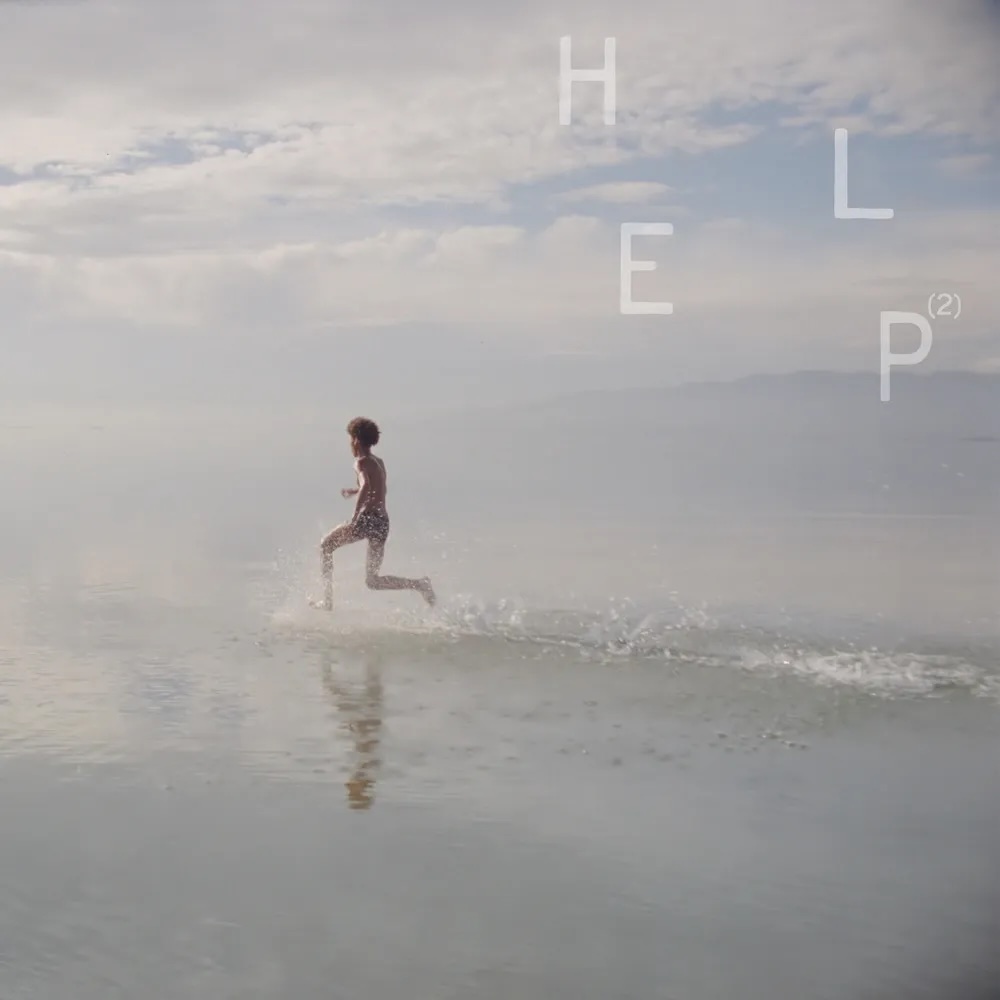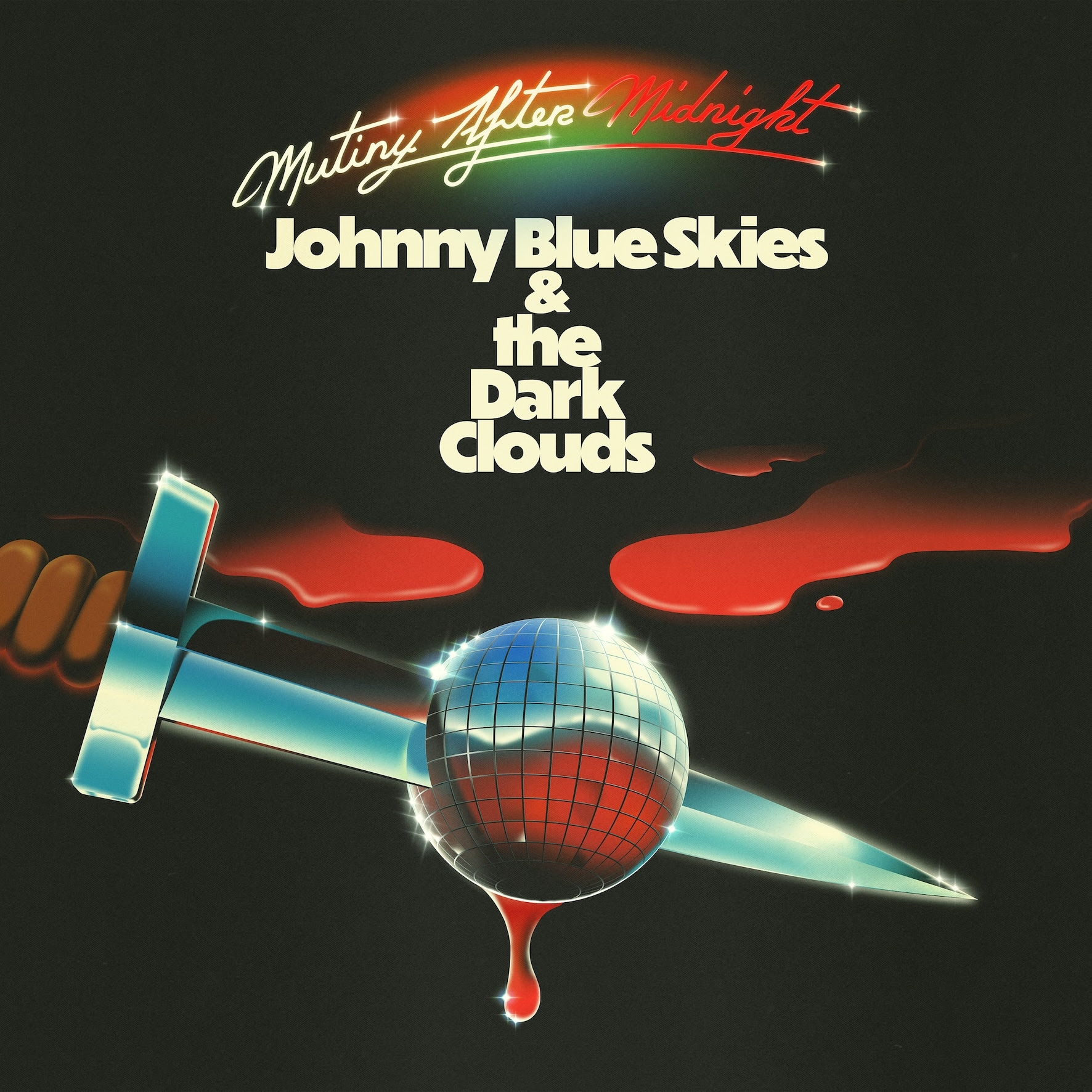- Universal/Lava/Republic
- 2013
The year was 2013. I was just beginning my senior year of college and had started an internship at this here very website. It had been a few months since I discovered Lorde, right around the time that her The Love Club EP was re-released, and I was obsessed -- downright embarrassing in my zealousness. I certainly wasn't the first to the party, but it felt like I was — an important quality for any pop musician marketed toward an audience that might scoff at anything too mainstream. I told everyone I knew about her. That summer, while interning at Billboard, I sent an AIM message (long story) to my editor to ask if they were on top of Lorde; they were, so I urged them to be more on top of it. I did the same thing when I arrived at Stereogum. I was all in, fully invested -- like no other pop star before or since (well, maybe one).
I bought tickets to her first-ever US show at Le Poisson Rouge, where for the first time I'd hear some of the songs that would end up on Pure Heroine — Lorde's debut album, released 10 years ago today. It was the sort of intimate gathering that would soon become unthinkable. My main memory, beyond the performance, is being surrounded by industry people that felt like they were a lot older than me. I think I was slightly put off by the machinations of the industry then, something that I was just becoming privy to as I started writing about music. Though I was nearly five years older than Lorde myself, these songs felt like they were mine, not theirs -- like they so deeply reflected my own personal disaffection that they were fully made for me.
Though I didn't know the extent of it at the time, that Le Poisson Rouge performance was part of a campaign to make the young Ella Yelich-O'Connor into the next pop sensation. You probably know the story: Yelich-O'Connor had been discovered at an early age. She was signed to a label development deal when she was 13, after her (disgraced) first manager Scott Maclachlan saw a video of her performing at a talent show with one of her friends. Yelich-O'Connor stood out. She was, not so surprisingly, a precocious kid: writing short fiction, searching for an outlet for her creative impulses. Upon signing, she embarked on some label-arranged songwriting sessions with various figures; the collaborator that clicked was Joel Little, a former pop-punk frontman who had just opened his own studio and started working with pop musicians. This was, of course, all happening in New Zealand, so the major-label machinations were slightly less than major, isolated from much of the industry at large. After all, who would expect the next pop star could spring from Middle-earth?
But when Lorde put her debut The Love Club EP online, for free, in November 2012, it caught on. As it racked up downloads over the next few months, it was re-released the following March. The Love Club has all the building blocks that would make Pure Heroine such a phenomenon -- including, obviously, Lorde's hit single "Royals." These songs were minimal, bass-heavy, with open space that was filled by Yelich-O'Connor's clever lyrics, impressionistic but also specific. They took their cues more from rap and synth-pop than what was on the top of the charts at the time. Right now in our The Number Ones column, we are approaching the landscape that Lorde would shift: candy-coated confections and amped-up anthems. Those songs sounded frivolous compared to the type of music that Lorde was making, filled with portent and real emotion.
Lorde's sound did not come out of nowhere. It was an amalgamation of a whole lot of things that were happening in music at the time, both in the mainstream and indie spheres. There are echoes of the xx and Purity Ring in Lorde's sinew and snapping beats; she expressed appreciation for Kanye West, James Blake, Nicki Minaj. In one early interview, Lorde positioned herself as the anti-Lana Del Rey -- funny to think about now considering their shared trajectory as some of pop music's few perceived auteurs. Artists like the Weeknd and Drake were culturally ubiquitous but had not yet reached their chart-chokehold stage, though Lorde helped clear the pipeline for them. To have a song as moody and anesthetized as "Royals" at #1 for nine weeks signified a changing of the guard. It would take another year or two, but soon enough pop charts would be filled with shadows.
And it makes sense that "Royals" served as that pivot point, as it explicitly criticized popular music for not being relatable. It was an outsider hit -- despite Lorde's major label connections, it had no big-name producers or songwriters behind the scenes, and it had no viral moment that pushed it over the edge from curio to sensation. It was a song that met the moment, expressing a discontent that I think a lot of people were feeling at the time, as the balloon of Obama-era optimism was deflating. It was treated as a dispatch from a generation just gaining a voice, but really it's just a reflection of a demographic that had been underserved by the pop charts for some time: the cool kids in class, the ones who rolled their eyes at cookie-cutter developments and spent too much time online looking for people who shared the same interests as them. The fact that Lorde came from so far-flung a place as New Zealand but could connect with the masses only underscores how uninspiring everything and everyone had become. It's also a testament to the depressing power of the internet, which flattens out our experiences so significantly that one critique felt like it could apply to so many -- but also lets those critiques flourish, and take over the culture for a time.
Pure Heroine’s legacy extends far beyond "Royals," though. It is simply a great album, the arrival of a major talent -- third album missteps be damned. If I take off my rose-colored glasses for a moment, I can see some faults with it. The songs could be more filled out sonically; while I mostly think that’s a feature, not a bug, Melodrama is evidence that she could execute a similar palette with more sounds, more textures. And the lyrics occasionally meander into the embarrassingly profound, in the way that can happen with anything you write when you're young. It's so sincere in its cynicism, the know-it-all streak that's so typical of the average 16-year-old who doesn't feel like they'll ever fit in. But that's also part of what makes it so compelling. When introducing Melodrama to the world, Lorde summed up her early years as such: "that glossy idiot god, princess of her childhood streets, handmade and ugly and sure of herself." I love the way she phrased that -- self-effacing but respectful of the surety of your convictions, so young and still beckoning the world to bow at your feet.
Pure Heroine has high school songs that aren't filled with high school tropes --the songs are not so much about relationship heartbreak as they are about inclusion, exclusion, existential dread. They take place at house parties that feel like they'll never end. They're about the pangs of disappointment that set in when you start to get a sense of what "life" is really like, or at least what it seems it will be like to a teenage mind. Pure Heroine is about feeling older than you actually are and acting that way too. It's about the brash, awkward confidence of youth. "We ride the bus with our knees pulled in," she sings on "Buzzcut Season." "People should see how we're living." It elevates the mundanity of suburban life to something luxurious enough to be worthy of a great pop song. "We live in cities you'll never see on-screen/ Not very pretty, but we sure know how to run things" goes "Team." Even when Lorde sings about love, it feels like a matter of circumstance -- falling into love because there's nothing else to do besides drive around and look at the same boring sights, how a relationship can feel so massive when you're in a place so small. "I love these roads where the houses don't change/ Where we can talk like there's something to say," goes "400 Lux," as the days of nothingness stretch out to oblivion. "You buy me orange juice/ We're getting good at this" -- a delightfully naïve idea of what an grown-up relationship looks like.
But there's a reason why Lorde was perceived by so many as wise beyond her years. It's because of songs like "Ribs," which takes on an even deeper poignancy as it ages, the memory of a memory that's only fading faster. It's about laughing so hard with your friend that you can't control yourself. It's about being nostalgic for simpler times when you're feeling a different loss of control, as the room spins around you and you're filled with fear for the future: "This dream isn't feeling sweet/ We're reeling through the midnight streets/ And I've never felt so alone/ It feels so scary getting old" -- and it does, doesn't it? I used to scream along to "Ribs" at parties with friends I no longer talk to nearly as much as I should. It reminds me of everything we lose to time; the feeling of living in a moment that's already passed.
A year after Pure Heroine was released, I saw Lorde again -- this time at a much bigger venue, United Palace up in Washington Heights. She had spent the past year on top of the world; I had spent it getting older and even farther away from my younger self -- after moving to New York full-time, I could already feel myself becoming jaded and disaffected in all new ways. Lorde performed under a marquee that read "TONIGHT: THE TRAGIC AND WONDERFUL PROCESSION OF LORDE," an elegantly melodramatic touch. And for a couple hours I felt like I did back then again, earnest and overzealous, when I reveled without a care. I think about "Still Sane," Lorde's world-weary Pure Heroine song about being afraid of how fame and notoriety would change her, about the push-and-pull between wanting to make a meaningful impact on the world and wanting to retain some semblance of yourself. It's a battle that a lot of artists lose; to be worried about it at 16 is unfair. But more than that, or at least more applicable to everyday life, "Still Sane" is a song about what becoming an adult means -- how it will make you numb to the little joys you used to appreciate, before you knew better.
We rely on reader subscriptions to deliver articles like the one you're reading. Become a member and help support independent media!






